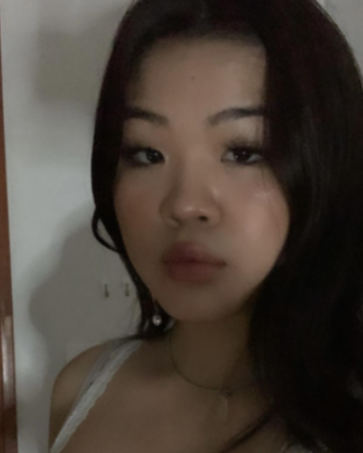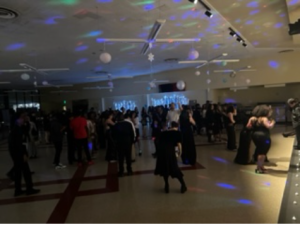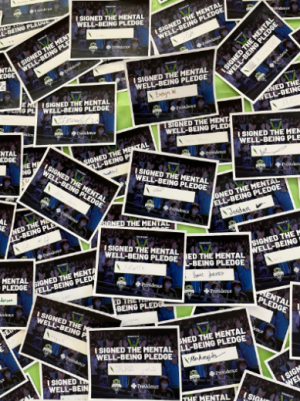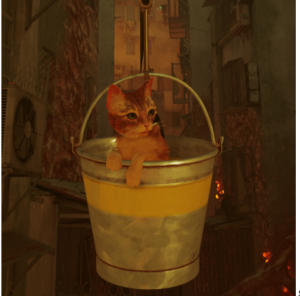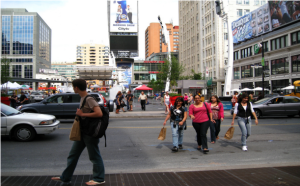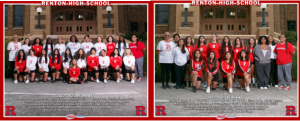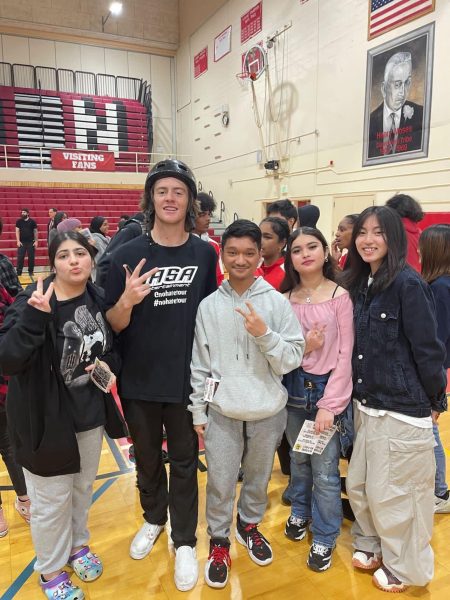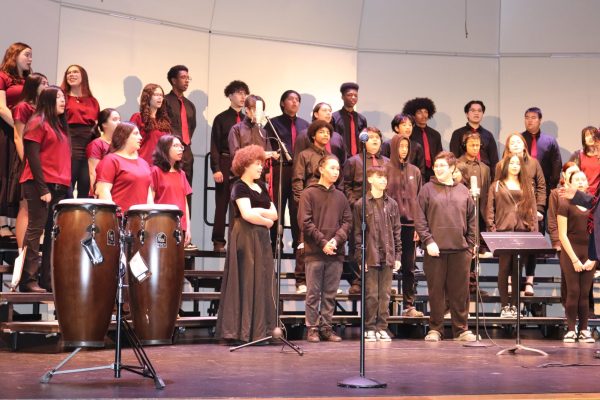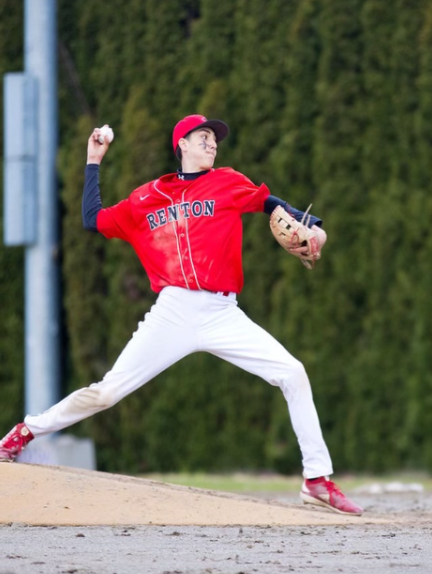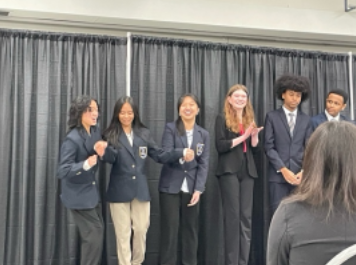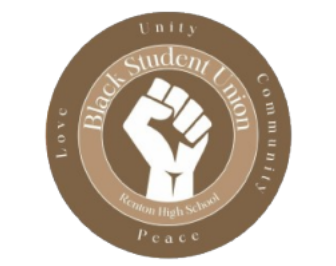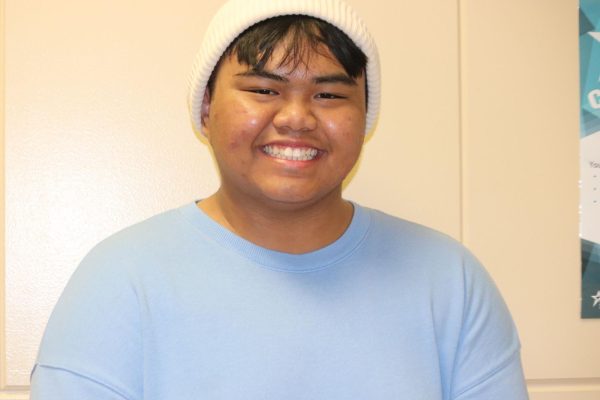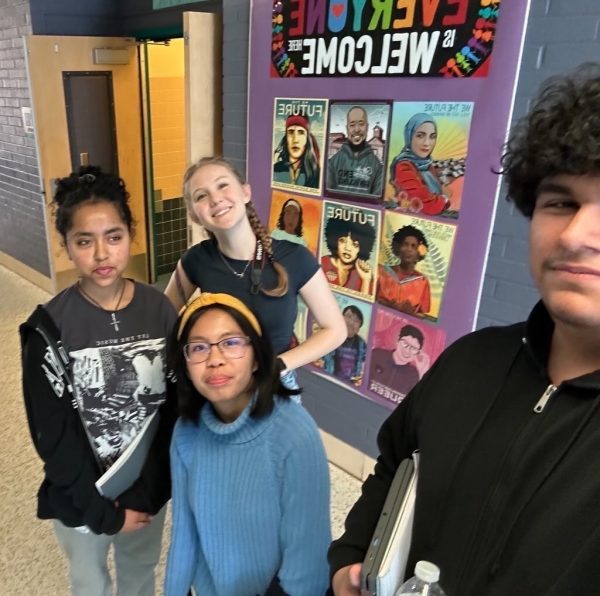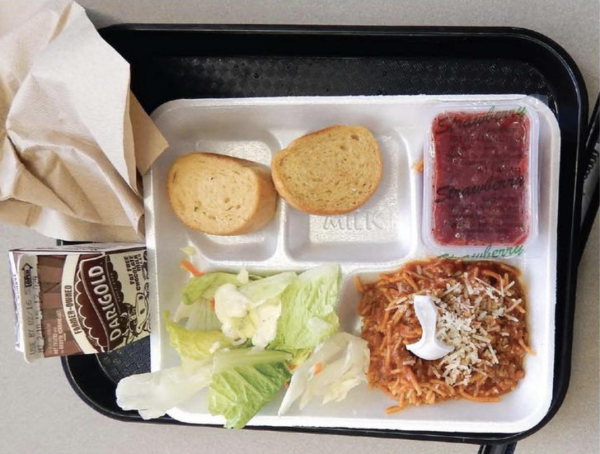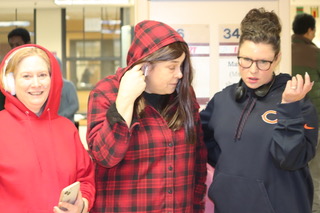RHS Cultural Recognition
January 25, 2023
Renton High School annually hosts a multicultural night representing the different cultures of our school during the second trimester around February. A bunch of extracurricular clubs like ASU (Asian Student Union), FSU (Filipino Student Union), BSU (Black Student Union), Pasifika (Pacific Islander Club), LSU (Latinx Student Union), VSA (Vietnamese Student Association), and Kpop Club, come together for the show and start preparing for this around end of November/beginning of December. They do their own acts relating to their cultures with members of the clubs. There’s also other different acts that they can do individually such as a fashion show correlating to their culture. I’ve interviewed one person from each club to get a look into what they’re doing, the time and effort put into these acts, and the process of it all, the good and the bad.
Each person I’ve talked to participating in multi has stated they love multi, having fun, meeting new people, making new friends while doing something to advocate the diversity of the RHS community. The school doing an event like this where we come together as a group, supporting and appreciating each other’s differentialities as well as having a place where we could educate one another is something that will always be something memorable to them and something they’ll never forget in their high school years. The most common con I got out of this is how time consuming it can be and the fact that a lot of people have contradicting schedules which makes it hard for them to set dates where they can practice and prepare for multi as a group.
4 different interviews, 4 different perspectives, same questions (paraphrased otherwise in quotes)
What acts are you doing in multi?
Michelle Arjonas-Reyes (LSU): folkloric dance with traditional clothing and a modern type dance.
Merlyn Bargayo (Pasifika): Pasifika is doing one act and it’s called “Tuleti” and it’s a traditional chamorro dance.
Timothy Khamlong (FSU): FSU is doing candle dance, tinikling dance, and cotillion dance.
Tina Nguyen and Angela Vu (VSA): VSA is doing lantern dance and hat dance.
Is the process difficult, what are your thoughts on multi?
Michelle: “Currently yes because we are still trying to get people to get interested in joining and be committed to the dances so that’s the difficult part of the process and obviously choreography.”
Merlyn: “We’re adding pacific islander representation.”
Timothy: “Yes, it depends on who’s actually committed to doing it and which person does what and how to manage time with 3 different acts we have to put together.”
Tina & Angela: “We haven’t been to the practices but it doesn’t seem so hard, I mean, we’ve grown up around the dances so it can’t be that bad.”
What are you guys changing differently compared to multi last year?
Michelle: “We’re trying to get more people included in the dances and promote it more so it’s more organized and inclusive than last year.”
Merlyn: Pasifika is a new club developed this year and was not a part of multi last year.
Timothy: “Definitely the time practices and management along with the costumes because we’re trying to do something different.”
Tina & Angela: Both of them were not in multi last year.
What are the pros and cons of multi?
Michelle:
Pros: fun experience, you get to show yourself off and your culture on stage and people enjoy
watching the dances.
Cons: it’s a very stressful process and time consuming.
Merlyn:
Pros: We get to share our culture.
Cons: It’s time consuming.
Timothy:
Pros: Multi gives you a lot of core memories.
Cons: Stressful when the time comes closer.
Why is it important to show different cultures in a big show like this for our school?
Michelle: “It’s important because it gives an opportunity for other people to know about different cultures that we have at our school, not only the most popular ones but other ones that are kinda small, aren’t known to people so it’s important to include that diversity and be more knowledgeable about it.”
Merlyn: “Show representation, we need a lot of pacific islander representation!”
Timothy: “It’ll show how diverse our school is and show how much Filipinos represent our culture.”
Tina & Angela: “I think everyone knows there’s diversity here and it also shows just the culture around and being proud with your identity. Hearts <3”
Have you guys figured out the outfits you guys are wearing and how do you guys pick and choose
the outfits out?
Michelle: “No we have not figured out the outfits so we don’t know yet.”
Merlyn: “We haven’t decided yet, completely, but we have a general idea of what we wanna do.”
Timothy: “Not confirmed confirmed yet, but we are doing similar outfits from last year, so
previous year, just a bit different to make our own uniqueness to it.”
Tina & Angela: “We got measured for ao dais so, yeah, we’re excited.”
Would you do this again next year?
Michelle would do this again next year because she wants to keep showing off her culture and keep showing herself out on stage.
Merlyn would.
Timothy would.
Tina and Angela hope so.
Would you guys encourage people to join multi?
Michelle “Yes I would, 100%, because it’s something you should at least experience once in your high school years at Renton.”
Merlyn “Yes, yes, yes we would because it’s fun. And you don’t have to just do your own culture, you can join other ethnic groups’ performances.”
Timothy: “Yes I would even if you’re not in that specific ethnic group to perform you can still perform to show how you love the culture and how you express it and it’s good for core memories.”
Tina & Angela: “Yeeesss!!”
How many days a week do you guys practice and how long do the practices last?
Michelle: LSU has not planned that yet.
Merlyn: Pasifika hasn’t started practicing yet but it would probably be every monday and thursday and practice would be about an hour long.
Timothy: FSU practices two times a week, Tuesdays and Thursdays. 2:15-3 for candle and cotillion because cotillion is senior, candle is sophomore and freshmen, and tinikling is 3-4, that’s for everyone.
Tina & Angela: As far as they know, once a week and an hour long.
How is your culture important/special to you?
Michelle: “My culture is special because it’s what I learned, it’s what I grew up with since I was born and it makes me proud, it makes me feel proud and I appreciate the difference in what other cultures do compared to what people do here in America.”
Merlyn: “This is a good question. It’s special and important to me because it’s what I grew up
with!”
Timothy: “My culture is special to me because it is me and I grew up, like, around the culture but
not necessarily embracing it or expressing it due to Americanization and stuff like that so being
able to do these performances help me reconnect with who I am.”
Tina & Angela: “It’s special to me because it’s good to see me and other people like me represent
on bigger stages.”
Multicultural night is important to the RHS community and it’s always something to look forward to every year. It gathers people of all cultures to one place and is full of a night of fun and love. Even people that do not attend RHS can come and join us and that’s what makes this event even more special. If you’re considering joining multi, please do. All club members are super kind and welcome everyone with open arms.
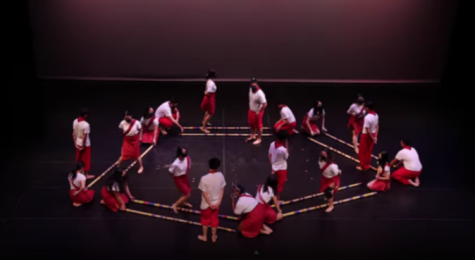
FSU performing traditional tinikling dance in multicultural night in February 2022.
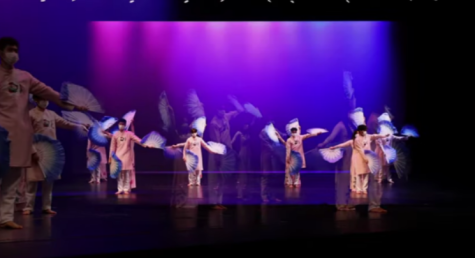
ASU’s fan dance, multicultural night 2022.
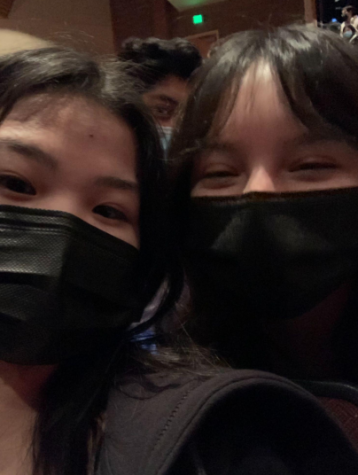
Citlaly Chuc & I enjoying the show multicultural night 2022.

